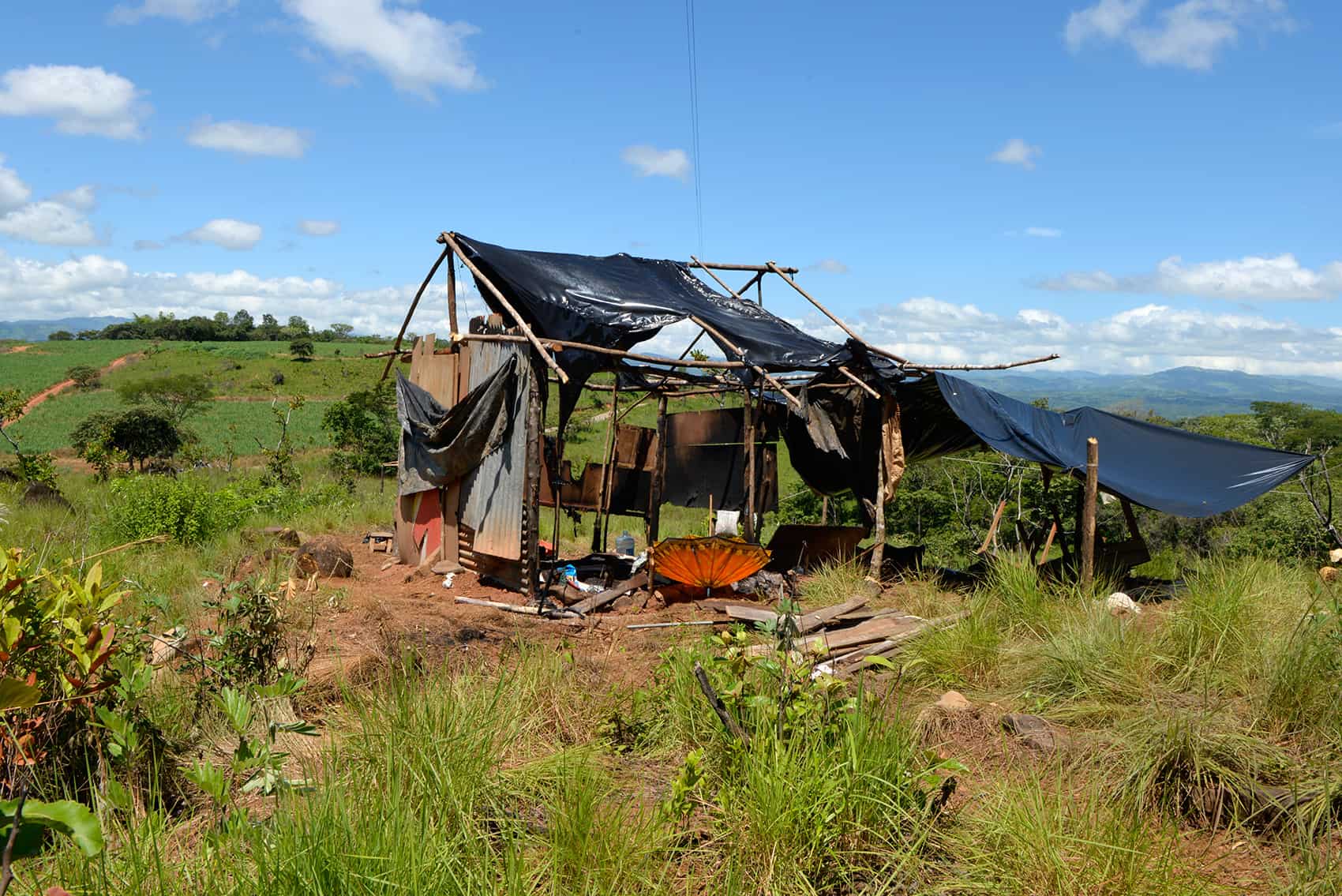Costa Rican authorities announced on Monday the return of two properties to indigenous communities, which have for years denounced invasions of their land.
The recovery of the lands located in the indigenous community of Salitre, Puntarenas, occurred as part of Costa Rica’s actions to protect native populations since the murder of the indigenous leader Sergio Rojas in March, a case which remains under investigation.
“We are complying with a series of agreements with the representatives of the indigenous territory of Salitre,” said the Vice Minister of the Presidency, Juan Alfaro, who visited the area to accompany the eviction of the illegal occupants.
The Inter-American Commission on Human Rights (IACHR) had issued precautionary measures regarding the territories of indigenous Bribrí and Teribe communities in southern Costa Rica, due to invasions and ongoing threats from landowners and loggers.
An IACHR mission visited the territories in May to observe the situation of the indigenous populations after the murder of Rojas. It urged authorities to quickly investigate the case to “prevent it from remaining in impunity.”
“Today [Monday] we are fulfilling the Indigenous Law that says that these territories are for the indigenous people,” said Salomón Ortiz, of the Integral Development Association of Salitre, quoted by a statement from the Presidency.
“The idea is to use these lands in the best way possible. There are still many people in need.”
In 2014, the association requested eight evictions of lands occupied by farmers outside the indigenous communities.
Costa Rica’s Indigenous Law of 1977 establishes that the territories of the indigenous communities are “inalienable and imprescriptible, non-transferable and exclusive for the communities.”
“Our commitment is to continue working to guarantee peace and security in Salitre,” said Deputy Security Minister Eduardo Solano, who participated in the evictions.






